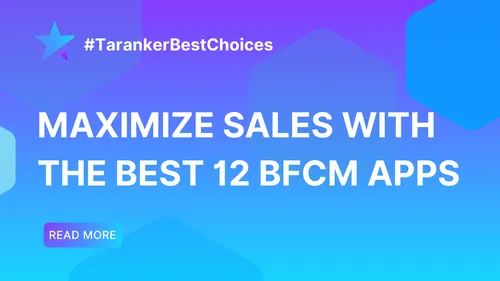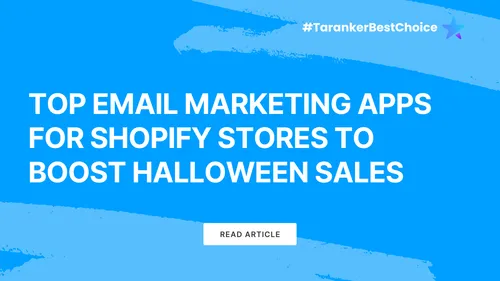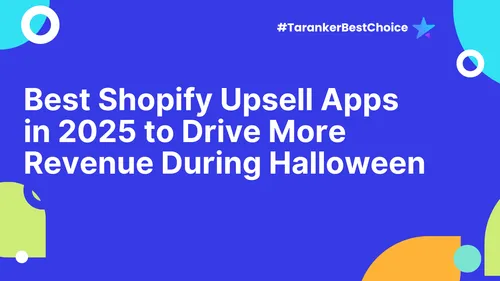E-commerce email marketing is a powerful tool that helps businesses connect with customers, drive sales, and build lasting relationships. By sending targeted emails—whether promotional, transactional, or personalized—brands can engage audiences effectively and increase revenue. In this guide, we’ll explore the definition, key email types, major benefits, and real-world examples of successful eCommerce email marketing strategies.
Definition
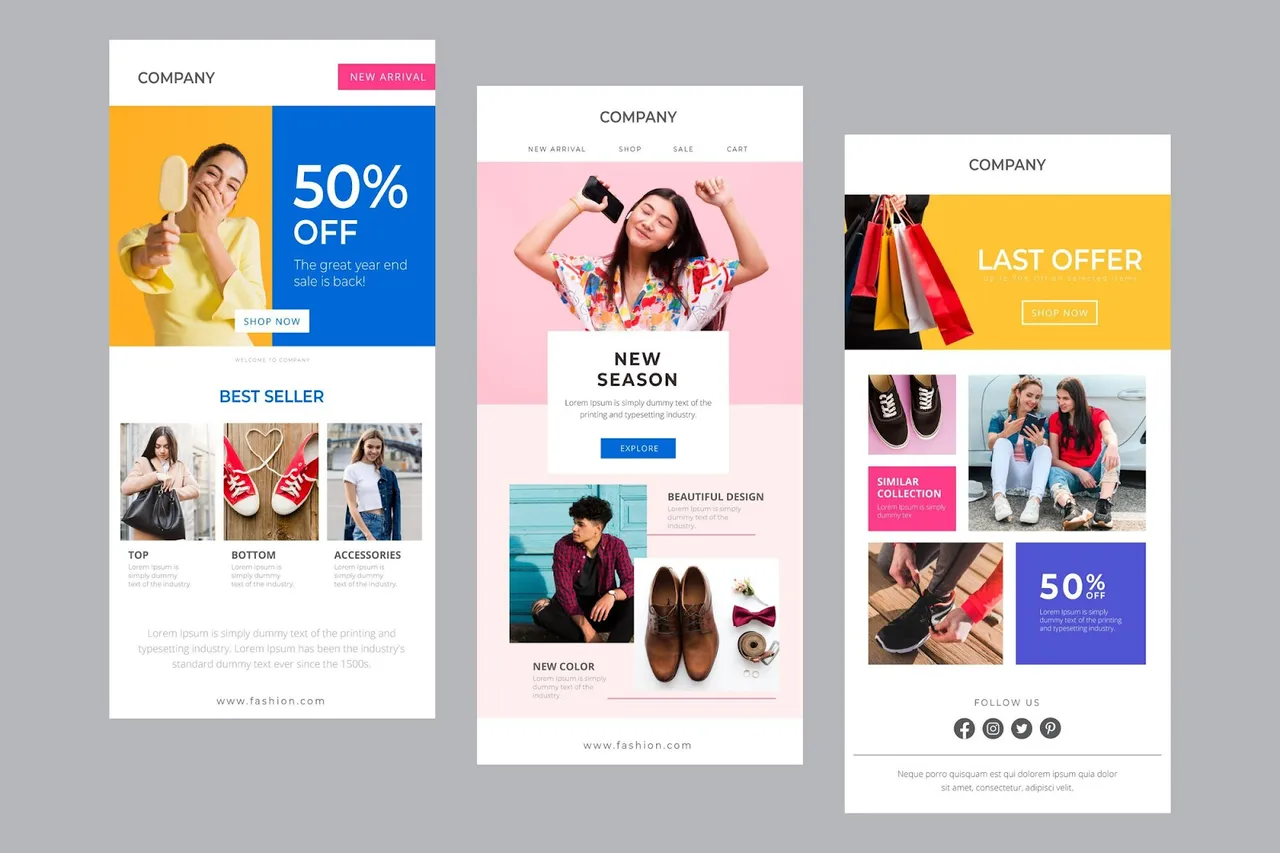
E-commerce email marketing involves sending targeted messages to both potential and existing customers via email. The primary goals are to drive sales, educate customers about products or services, and foster loyalty. This digital marketing channel is unique because it allows the sender to have complete control over the content and distribution, making it highly effective when used to send personalized and relevant messages to segmented audiences.
Email marketing plays a crucial role in e-commerce, where it is utilized for transactional, promotional, and lifecycle communications. It offers a strategic way to engage with customers on their mobile devices, maximizing the impact of marketing efforts.
What types of emails can you use?
Email marketing encompasses a variety of strategies, each designed to serve a unique purpose and engage audiences in distinct ways. Understanding these different types can help you craft the most effective email marketing campaigns for your business.
1. Welcome Emails
Welcome emails are designed to greet new customers and encourage them to explore your products or services further. They often include trials or other incentives to introduce your company to potential customers.
2. Newsletter Emails
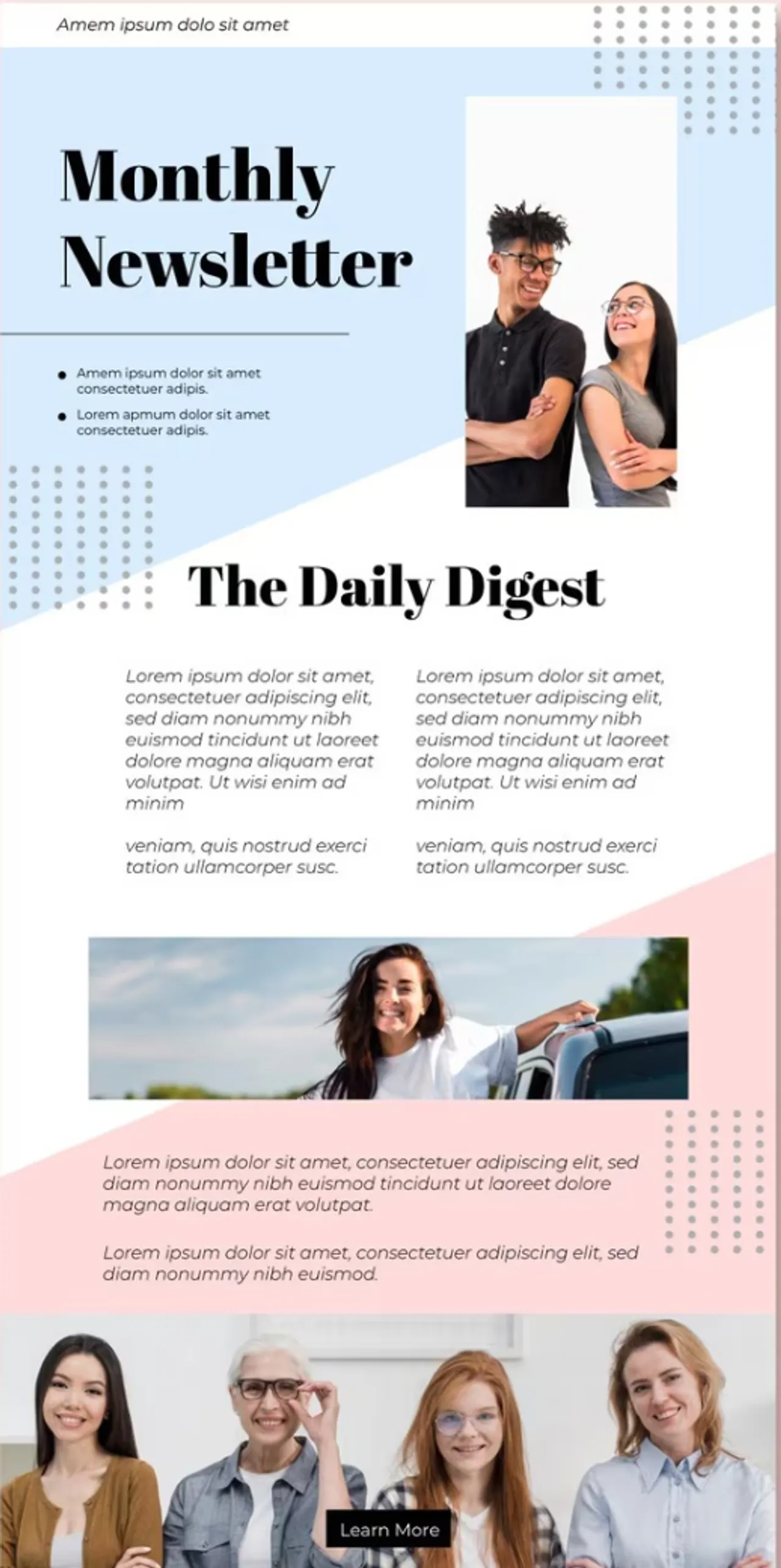
Newsletters are popular and typically highlight new products and services. They may also feature articles, blog posts, and customer reviews. Often, they include a call-to-action to encourage readers to take a specific action, such as reading a new blog post or viewing a new product.
3. Lead Nurturing Emails
These emails target specific audiences through a series of messages aimed at converting them into customers. Lead nurturing emails often focus on groups interested in particular products or services, building interest by sending additional emails with relevant information or promotions. The goal is to move users from consideration to purchase.
4. Confirmation Emails
New subscribers or first-time online buyers may receive confirmation emails. These assure potential customers that their information has been received and they are on the list for future communications. They also notify users that their orders have been validated or their registrations were successful and may include next steps.
5. Segmented Emails
If you want to contact only a portion of your email list, segmented emails are the way to go. The recipient list can be based on various criteria, such as recent purchases, inactive customers, new members, and other specific criteria.
6. Invitation Emails
These emails typically announce upcoming events, new product launches, and workshops. Most businesses use this type of email when special events occur to attract attention and increase awareness.
7. Promotional Emails
These marketing emails are quite common and generally have a broad appeal, sent to multiple audiences. They are used to maintain a certain level of awareness and can introduce new products and services.
8. Survey Emails
Customer feedback is one of the best tools for businesses. Sending these emails shows customers that you value their opinions and want to provide them with valuable experiences, products, or services. Businesses can also use feedback from surveys to improve their services and create better or more relevant products.
9. Seasonal Marketing Emails
Many businesses leverage seasonal holidays or special occasions to connect with customers and prospects, providing information about upcoming promotions and sales. These emails often relate to holidays like Christmas, Valentine's Day, Mother's Day, and Father's Day.
Benefits of eCommerce Email Marketing
Email marketing generates steady, reliable ROI
Email marketing is widely recognized as a powerful tool for generating a steady and reliable Return on Investment (ROI). This effectiveness stems from several key factors that make email marketing a cornerstone of successful digital marketing strategies.
Email marketing offers an exceptionally high ROI potential. Studies have shown that for every dollar invested in email marketing, businesses can earn returns ranging from $36 to $45 or even higher, depending on the industry and strategy. Additionally, 14% of marketers state that email campaigns provide the strongest ROI of any marketing strategy, reinforcing its value as a top-performing channel. This impressive return is largely due to the ability of email marketing to directly communicate with a highly engaged audience, bypassing distractions and focusing on specific needs, which prompts action. By targeting the right audience with relevant messages, businesses can significantly boost their conversion rates and, consequently, their revenue.
Email marketing generates quick, measurable results
Email marketing is renowned for its ability to deliver quick and measurable results. This is largely due to the fact that email is an "owned" channel, allowing businesses to have complete control over the content and distribution. This control enables precise tracking and analysis of campaign performance, providing valuable insights into what works and what doesn't. Key metrics such as open rates, click-through rates (CTRs), conversion rates, and bounce rates offer a clear picture of campaign effectiveness, allowing for swift adjustments to optimize future campaigns
Personalized messaging is easy with email marketing
Personalization plays a crucial role in enhancing email marketing performance. A significant majority of professionals in the field report that tactics such as dynamic message personalization, subject line personalization, and real-time content improve campaign outcomes. Specifically, about 80% of email marketers see improvements when using these personalized approaches.
Despite the benefits, personalization also presents challenges. About 18% of marketers struggle with creating personalized emails, while 20% face difficulties in gathering data for segmented campaigns. However, the payoff is substantial: emails triggered by behavioral actions can generate up to ten times more revenue than other types of marketing emails. Looking ahead, 39% of professionals predict that AI-driven hyper-personalization will significantly impact email automation campaigns, offering new opportunities for enhanced engagement and revenue growth.
Save time
Email marketing automation is a game-changer for businesses looking to streamline their communication processes and save valuable time. By leveraging automation tools, you can craft personalized emails and deliver critical information to your audience segments quickly and efficiently.
Automation allows you to set up email sequences in advance, ensuring that the right messages reach the right people at the right time. This not only saves time but also ensures consistency in communication, which is crucial for maintaining strong customer relationships. Whether it's welcoming new subscribers, nurturing leads, or sending transactional emails, automation makes the process fast and seamless.
To explore more insights on email marketing and automation, visit Taranker’s email marketing resources.
Cost-effectiveness
Email marketing stands out as one of the most cost-effective digital marketing strategies available to businesses. Unlike traditional advertising methods or even some digital channels, email marketing offers a low-cost way to reach and engage with your audience.
The cost of sending emails is minimal compared to other marketing channels. There are no printing or postage costs like with direct mail, and no need to pay for ad space like with traditional advertising. Additionally, the cost of creating and sending emails is relatively low, making it accessible to businesses of all sizes.
Boosted brand loyalty
Email marketing is a powerful tool for fostering brand loyalty by keeping your business top of mind with customers. Regular communication through email helps maintain a strong connection with your audience, ensuring that your brand remains relevant and memorable. Consistency is key in building brand loyalty, as it helps build trust and familiarity over time.
The ultimate goal of email marketing is to build long-term relationships with your customers. By providing ongoing value through your emails, you encourage loyalty and retention. Loyal customers are more likely to recommend your brand to others, creating a cycle of growth and loyalty that benefits your business over time. By leveraging email marketing effectively, you can strengthen your brand's presence in the minds of your customers, driving sustained growth and success.
Case study
Crocs Order Confirmation Email
Crocs' order confirmation email is a prime example of how transactional emails can be both informative and customer-friendly. This email is designed to provide all the necessary information that customers need to know, including payment details, product information, and shipping specifics. This helps customers easily track and manage their orders.
One of the strengths of this email is its clear and simple layout. Information is presented in an organized manner, making it easy for customers to find all the important details about their order. This includes the order number, product details (including quantity and price), subtotal, total cost, shipping address, and expected delivery date. This comprehensiveness helps reduce customer inquiries and builds trust.
Crocs also makes it easy for customers to reach out by providing clear contact information. Customers can easily ask questions or learn more about their order through the support channels provided. This shows a commitment to customer experience and a willingness to support them at all times.
Finally, the simplicity of this email is a strength. It aligns with the purpose of transactional emails: to provide clear and concise information that benefits the customer exclusively. This design ensures that customers can quickly reference their order details while waiting for delivery. Overall, Crocs' order confirmation email demonstrates how effective transactional emails can be when designed with the customer's needs in mind.
For more email marketing examples and strategies, check out this comprehensive guide from WebFX: WebFX Email Marketing Examples.
Conclusion:
E-commerce email marketing remains one of the most effective digital marketing strategies, offering high ROI, personalization, and automation benefits. From welcome emails to seasonal campaigns, businesses can engage customers, boost brand loyalty, and drive conversions efficiently. By implementing best practices and leveraging data-driven insights, you can unlock the full potential of email marketing for your online business. Start optimizing your campaigns today to see lasting results!

